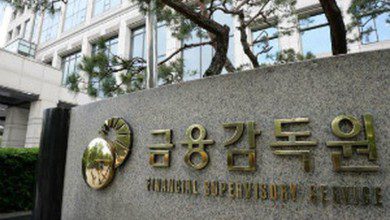
Japan’s Regulatory Sandbox authorizes Crypto Garage to test yen-pegged stablecoin

The Regulatory Sandbox in Japan, managed by the country’s Cabinet Secretariat, has announced the names of the companies that have been selected to test their projects.
Announced last year, the regulatory sandbox aims to encourage the implementation of advanced technologies and new business models. Crypto Garage, Panasonic, and MICIN have been selected for project testing.
In an announcement dated January 21, Crypto Garage, a joint venture between Digital Garage and The Tokyo Tanshi Co., Ltd., said that it is the first blockchain and finance project authorized by the regulatory sandbox.
The company also announced the launch of SETTLENET, which it describes as a suite of products to enhance application development on the “Liquid Network”, an interexchange settlement network launched by Blockstream. The website states:
“SETTLENET will provide Liquid Network participants, including cryptocurrency exchanges, OTCs, and financial institutions, with the functions required for issuance, trading and transaction monitoring of digital assets. By developing SETTLENET, Crypto Garage aims to support Liquid participants by optimizing their businesses for efficiency.”
Proof-of-Concept
The proof-of-concept, authorized by the regulatory sandbox, will involve using SETTLENET to test the issuance of a stablecoin pegged to Japanese Yen or “JPY-Token” and the delivery versus payment settlement service between the token and crypto assets.
Crypto Garage explained that it will provide SETTLENET to facilitate the issuance of JPY tokens and trade against Liquid Bitcoin (L-BTC) that are pegged to Bitcoin on a Bitcoin sidechain launched by Blockstream.
“By utilizing atomic swap technology, “SETTLENET” allows the exchanges to simultaneous deliver LBTC in exchange for the receipt of JPY-Token on the “Liquid Network”. This will enable rapid, secure and confidential transfer of the crypto assets while eradicating counterparty risk,” the company added.
“In addition, SETTLENET will provide the regulatory authorities with the functionality to monitor any unlawful trade, including money laundering.”
The 1-year project will test and validate “the secure transfer of crypto assets on a sidechain network” and “the possibility of building a stable and healthy OTC market by improving transparency for the price-making process.”
Only those crypto exchanges that have a Japanese Virtual Currency Exchange License are eligible to participate in the project.




